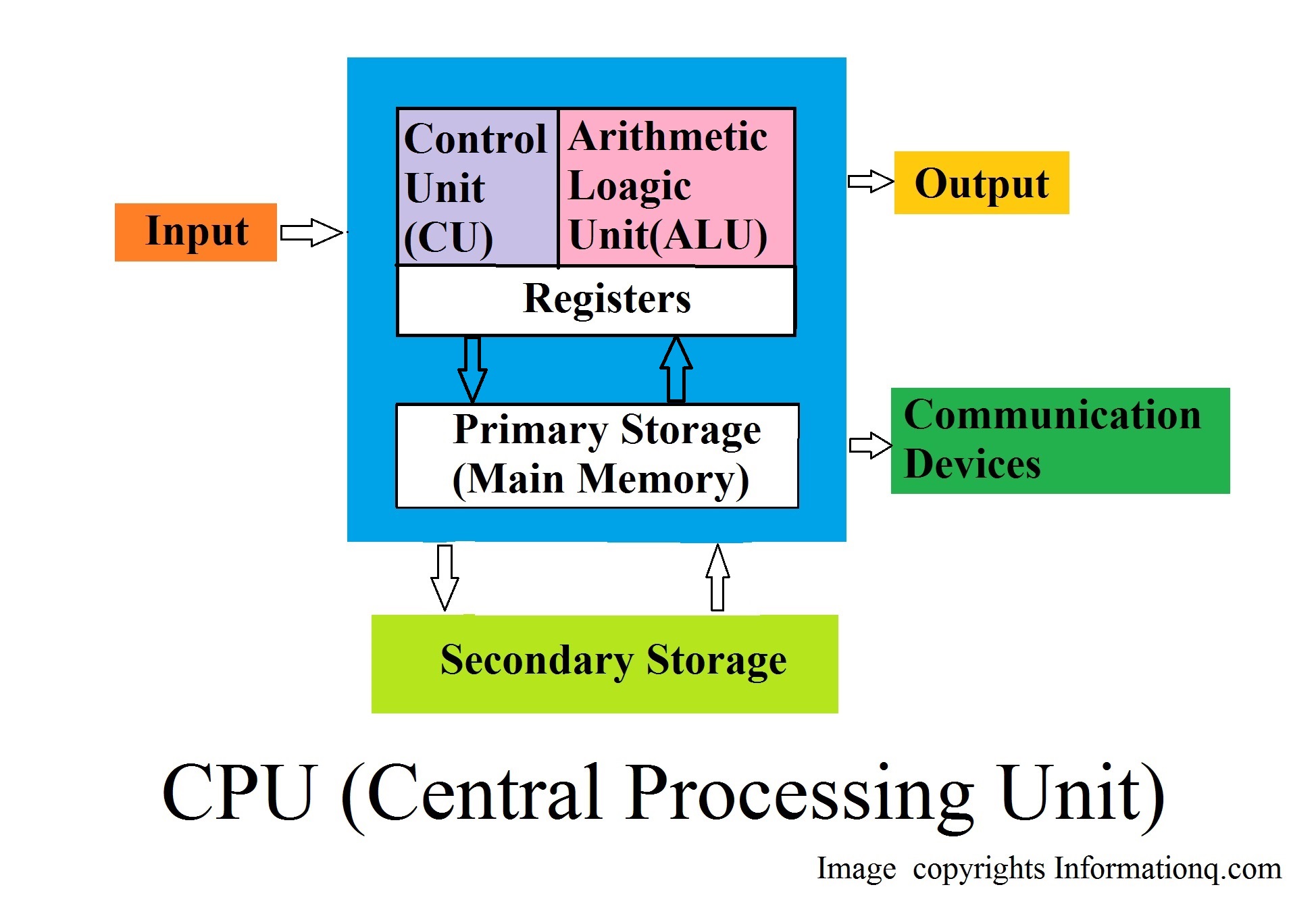the modern technological landscape, computers have become essential tools in not only individual and workplace environments. Yet, the rapid rate of advancement frequently leaves a abundance of unused computer parts that remain unutilized, presenting a remarkable chance for repurposing enthusiasts and smart shoppers. As organizations and consumers enhance their infrastructure, the pieces of previous technology can be reclaimed, refurbished, and given new life, contributing not just to sustainability but also to economical solutions for those looking to build or improve their technical systems.
Acquiring surplus computer parts can be a fulfilling undertaking, provided you know what to look for what to look for and how to maneuver the environment. Whether you're a gamer on a budget or a DIY tech enthusiast, grasping the nuances of surplus components can provide access premium equipment at a reduced of the cost. This guide intends to demystify the process of purchasing surplus computer parts, covering key tips, best practices, and factors to consider before finalizing a transaction. Join used computer equipment as we explore the prospects of repurposing with surplus computer components and enhance your computing experience.
Handbook to Buying Extra Hardware
As it pertains to acquiring surplus computer parts, the first step is to find reliable vendors. Search for established retailers, online marketplaces with high ratings, and specialized surplus shops. It's important to read reviews and verify the return terms to guarantee your purchase is safe. Numerous sellers will also supply thorough information and specifications of their products, which can aid you gauge their condition and appropriateness for your needs.
Next, get to know yourself with the varieties of components you require. Would company website want a motherboard, central processing unit, or random access memory? Knowing your exact needs can protect you hours and hassle during the acquisition process. Take note of compatibility factors, including socket specifications and memory types, which can impact whether a component will function with your current configuration. Possessing a basic knowledge of price trends can also aid you in spotting a steal versus an inflated component.
In conclusion, examine the state of extra items before making a purchase. Search for signs of damage, wear and tear, and any clues of malfunction. If possible, ask for testing results or assurances, as these can provide further assurance of working condition and reliability. With experience in experience purchasing excess parts, you'll gain a sharp perspective for excellence and be more equipped to choose wisely on your upcoming acquisitions.
Evaluating Quality and Worth of Excess Parts
When evaluating excess computer components, the initial stage is to evaluate their actual state. Look for any marks of wear, such as blemishes, corrosion, or fading. Components that appear well-maintained and clean often indicate superior handling over their duration. Pay particular focus to connectors and connectors; any defects or bent pins can compromise connection and functionality. Additionally, look for original packaging and documentation, as these can be clues of whether the part has been properly cared for.
Next, it's critical to verify the specifications against your needs. https://larson-torres-2.blogbright.net/transitioning-used-to-new-creating-through-surplus-computer-parts may present a range of performance levels, and knowing specifically what you need will help you avoid the traps of conflict. For instance, when choosing a used motherboard, ensure that it supports your desired processor, memory type, and expansion options. Investigating compatibility before making a decision can save you considerable time and effort in the future.
Lastly, consider the vendor from which you are buying the surplus components. Reputable suppliers will often offer guarantee options or promises that can add substantial value to your investment. Customer feedback and ratings should also be examined to gauge the standing of the vendor. Focusing on reputable sources not only boosts your chances of finding high-quality parts but also helps ensure that you are not unknowingly acquiring counterfeit items.
Enhancing Your Purchase:
Suggestions for Success
While exploring into the realm of surplus PC parts, being knowledgeable can truly matter. Commence by researching reputable sources and sellers to ensure you are working with quality products. Seeking reviews or ratings can aid you gauge the credibility of a seller. Additionally, get acquainted with current prices for items so you can identify a great offer when you find one. This preliminary effort is vital for successful shopping.
A further key piece of advice is to rigorously examine the state of the components you intend to buy. Be sure to ask for specifics about the part's background and performance, and whenever feasible, inspect the part prior to completing the buy. For important components like motherboards, CPUs, and graphics cards, a hands-on inspection can expose possible issues that may not be apparent in online listings, helping you to steer clear of costly errors.

Finally, think about the long-term implications of your purchases. Opt for parts that offer compatibility with a wide range of configurations, especially if you plan to expand in the long run. Comprehending the life span and performance of extra components will aid in achieving economical choices. Remain open to negotiation and hold composed as you look for the greatest offers; your diligence will in the end enhance your achievements in upcycling.
